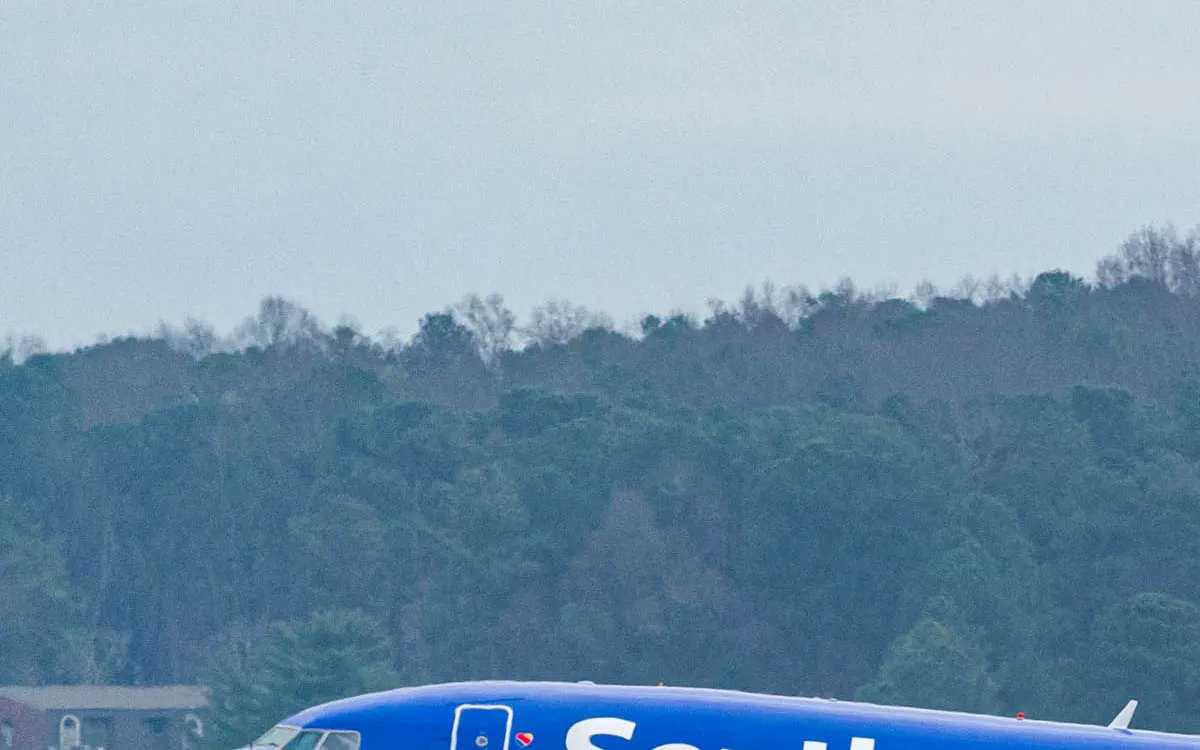
In a significant shift for the airline industry, Southwest Airlines has announced plans to start charging for checked bags, a move that could positively impact not only its financial performance but also that of other airlines. United Airlines CEO Scott Kirby commented on this development at a recent J.P. Morgan investor conference, referring to the decision as the "slaying of the sacred cow." Kirby expressed confidence that this change would benefit the entire U.S. airline sector, where bag fees have become the norm.
Starting May 28, 2024, Southwest Airlines will implement these checked bag fees on all new bookings. While specific pricing details have yet to be disclosed, it is expected that the fees will align with industry standards—most U.S. airlines currently charge around $35 for the first checked bag and higher fees for any additional luggage. However, certain passengers will be exempt from these charges, including top-tier A-List Rapid Rewards frequent flyers, customers who purchase full Business Select fares, and holders of Southwest's cobranded credit card.
The introduction of checked bag fees raises questions about customer loyalty to Southwest Airlines, as many of the airline's unique features have been eroded. For nearly two decades, the promise that "bags fly free" has been a cornerstone of Southwest's marketing strategy, setting it apart from competitors that have long charged for checked luggage. Ryan Green, Southwest's Chief Transformation Officer, emphasized the significance of this policy, stating that it plays a crucial role in customer decision-making.
Despite previous statements indicating that Southwest would not introduce bag fees, the recent changes reflect a strategic pivot. Green noted that initial market studies suggested that implementing bag fees could lead to significant customer defection, outweighing potential revenue gains. However, after analyzing customer booking behavior through new channels, CEO Bob Jordan acknowledged that the airline was not experiencing the expected benefits from its bundled offerings, prompting a reevaluation of their revenue model.
Southwest's recent changes are largely driven by pressure from investors. Following an 11% stake acquisition in the airline, activist investor Elliott Investment Management successfully secured six seats on Southwest's board of directors, leading to a focus on increasing profitability and share prices. This shift in focus included the airline's first-ever layoffs in February, which affected 15% of its corporate workforce, as part of efforts to enhance financial performance.
The central question now is, how much change can loyal Southwest customers tolerate? The airline is known for its dedicated customer base that values low fares and a unique flying experience. As Southwest aligns itself more closely with competitors, there are concerns about passenger retention. Kirby noted that he believes any potential loss of customers would be minimal, suggesting that the shift in traveler preferences may only occur at the margins.
The changes at Southwest are already in motion, with new Rapid Rewards earning rates beginning this month. The airline plans to introduce its checked bag fees in May, followed by the launch of assigned seating and premium seats in the third quarter of 2024, with these policies expected to be implemented by early 2026. Jordan described this period as "exciting" for Southwest Airlines, though the irony of such significant changes may not escape many loyal customers.
As the airline industry evolves, the long-term effects of Southwest's new policies on customer loyalty and industry standards remain to be seen. With the introduction of checked bag fees, Southwest Airlines is stepping into a new era, one that may redefine its identity in the competitive airline market.